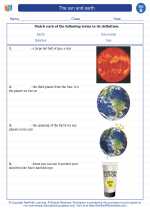Parasites: An Explanation
Parasites are organisms that live on or inside another organism (the host) and derive nutrients at the host's expense. There are three main types of parasites: protozoa, helminths (worms), and ectoparasites (such as ticks and lice).
Parasites can cause a range of health problems in their hosts, from mild discomfort to serious diseases. They can be transmitted through various means, including contaminated food and water, insect bites, and close contact with infected individuals or animals.
It's important to understand how parasites spread and how to prevent infection. Proper hygiene, sanitation, and avoiding contact with potentially infected sources are key to reducing the risk of parasitic infections.
Study Guide: Understanding Parasites
- Types of Parasites: Learn about the three main types of parasites - protozoa, helminths, and ectoparasites. Understand their characteristics and how they affect their hosts.
- Parasitic Infections: Study the common symptoms and health problems caused by parasitic infections. Understand the impact of parasites on human and animal health.
- Transmission: Explore the various ways parasites can be transmitted, including through food, water, insects, and direct contact. Understand the importance of prevention and control measures.
- Prevention and Treatment: Research the methods for preventing parasitic infections, such as proper hygiene, sanitation, and avoiding exposure to potential sources of infection. Learn about the treatment options for parasitic diseases.
- Life Cycle: Understand the life cycles of common parasites, including how they reproduce and spread. Study the biology and behavior of different parasites.
- Impact on Ecosystems: Consider the role of parasites in natural ecosystems and their impact on the health of populations and communities. Explore the ecological relationships between parasites and their hosts.
By mastering these topics, you will gain a comprehensive understanding of parasites and their significance in the natural world.
Remember to always consult reliable sources and seek guidance from a healthcare professional for accurate information about parasites and their effects on human health.
.◂Science Worksheets and Study Guides Second Grade. The sun and earth
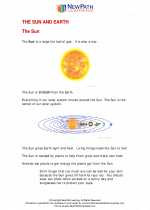
 Activity Lesson
Activity Lesson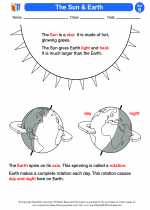
 Worksheet/Answer key
Worksheet/Answer key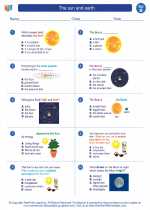
 Worksheet/Answer key
Worksheet/Answer key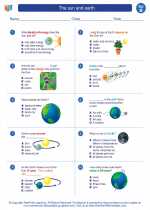
 Worksheet/Answer key
Worksheet/Answer key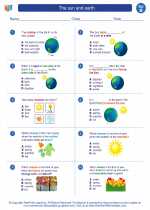
 Worksheet/Answer key
Worksheet/Answer key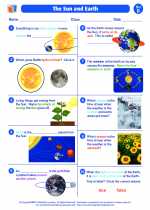
 Vocabulary/Answer key
Vocabulary/Answer key